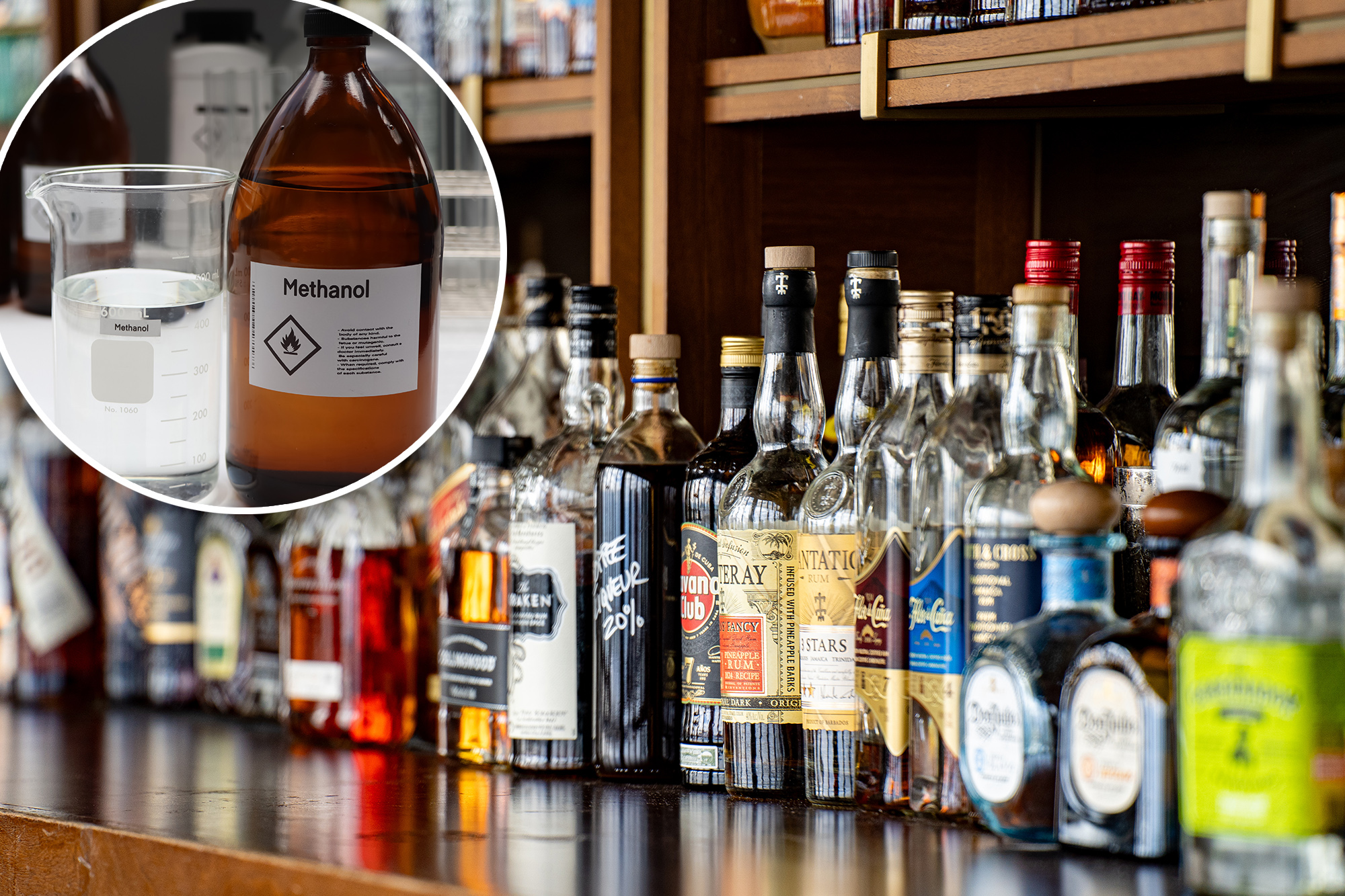The British government has expanded its travel warnings to include eight additional countries due to the rising risk of methanol poisoning from contaminated alcohol. The Foreign, Commonwealth and Development Office (FCDO) issued the advisory on October 21, specifically alerting travelers to potential dangers in Ecuador, Japan, Kenya, Mexico, Nigeria, Peru, Russia, and Uganda. This decision follows an alarming increase in reported cases of serious illness and fatalities linked to methanol-tainted alcoholic beverages in popular tourist destinations.
The FCDO noted that this expanded warning builds on existing advice for other countries, including Thailand, Laos, and Vietnam. Concerns about methanol poisoning have intensified following the death of a U.S. tourist in Laos earlier this summer, which was reportedly due to alcoholic poisoning. Methanol is a toxic industrial chemical often found in products like antifreeze and windshield washer fluid. It is sometimes illicitly added to alcoholic drinks to reduce production costs, posing a significant health risk due to its colorless, odorless, and flavorless properties.
Health Risks and Symptoms of Methanol Poisoning
According to health authorities, symptoms of methanol poisoning can manifest as blurry vision, vomiting, confusion, nausea, and headaches. Dr. Sampson Davis, an emergency room physician, explained that methanol can create sensations similar to those of alcohol consumption but is highly toxic. “Methanol binds to the same receptors as alcohol and will give you the same elated feeling,” he stated. “However, it is toxic to the body and will lead to death if consumed in modest quantities without treatment.”
If individuals suspect they have ingested methanol, immediate medical attention is crucial. Treatment typically involves the administration of fomepizole, an antidote specifically designed for toxic alcohol poisoning. Dr. Davis emphasized the urgency of seeking hospital care, noting that cases involving significant methanol exposure often require intensive monitoring due to the chemical’s high mortality rate.
Guidelines for Safe Alcohol Consumption Abroad
In light of these warnings, Hamish Falconer, the British minister responsible for consular and crisis matters, urged travelers to remain vigilant. “By the time travelers realize the danger, it can be too late,” he cautioned. Falconer encouraged individuals to familiarize themselves with the warning signs associated with methanol poisoning and to consult the FCDO’s travel advice before embarking on trips.
Spencer Coursen, a threat management expert based in Austin, Texas, reinforced the importance of caution when consuming alcohol abroad. He advised travelers to trust their instincts and be wary of where they source their drinks. “Most methanol poisonings happen when tourists buy or accept alcohol from unverified sellers or bars using counterfeit spirits,” Coursen remarked.
To minimize risks, tourists should stick to sealed bottles and reputable establishments. “Cheap cocktails and unmarked bottles are a red flag,” he warned. Should a drink appear harsh or chemical in taste, it is advisable not to finish it. Coursen also stressed the importance of seeking medical care immediately if symptoms such as dizziness, nausea, or blurred vision arise, ensuring healthcare providers are informed of any potential methanol exposure.
As the FCDO continues to monitor the situation, travelers are encouraged to remain informed about the risks associated with alcohol consumption in foreign countries, prioritizing their health and safety above all.







